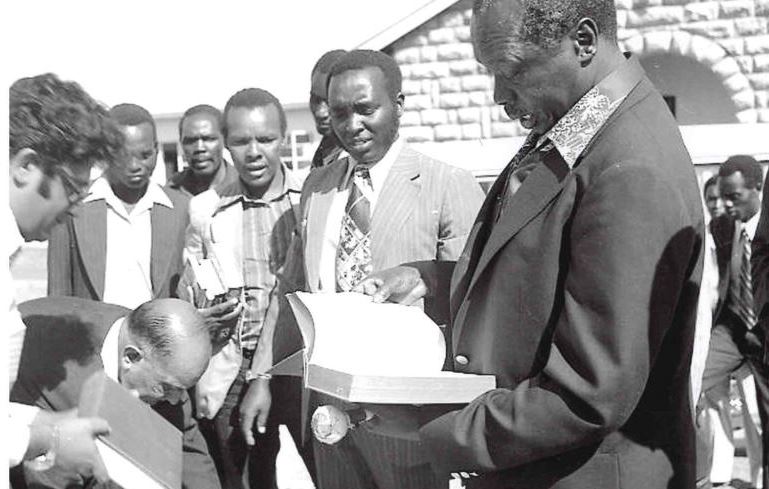×
The Standard e-Paper
Stay Informed, Even Offline

Joseph Kimetto (pictured) was the principal at Kericho Tea High School when President Daniel arap Moi visited for a fundraiser in 1978.
Moi told Kimetto that he was starting a school and he wanted him at the helm.